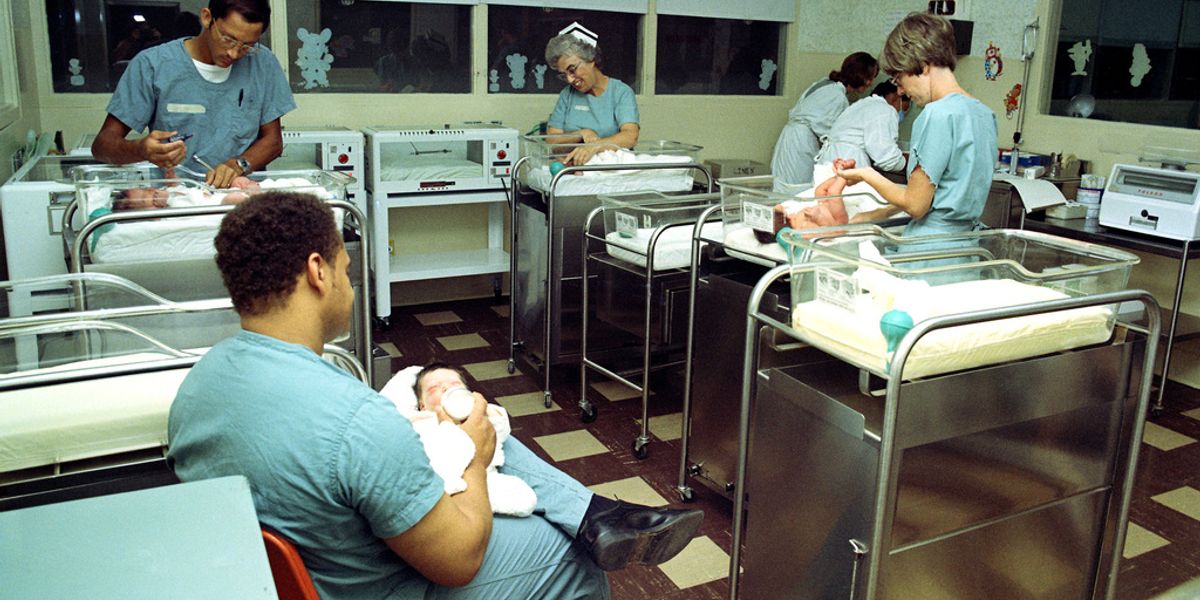The Italian Senate recently adopted a law stating
that Italian citizens who engage in surrogacy abroad will receive the same
penalty as if they were doing it in Italy, where it is illegal. The severity of the crime is the same regardless of the victim’s nationality or where it
occurs.
Quality/cost ratio of surrogacy
Angela is recovering from childbirth. A
postpartum hemorrhage nearly cost her her life, and she won’t be able to have
more children. This was her second surrogate pregnancy. In her first, she met
the “dad” at the hospital; he wanted her to breastfeed the child, and
when she explained she didn’t want to, he kindly respected her wishes. Later,
he wanted his children to have the same “surrogate” and contacted her directly
for his second embryo. Twelve months later, she was pregnant again. A mother of
two, she’s almost 28, and the money from this second surrogacy will pay off the
debt her ex-husband left behind. For his part, the dad is satisfied; Colombia,
he feels, offers a good balance of quality, cost, and reliability.
Leslie decided to become a “surrogate”
after having her third “keeper” child (keepers, as surrogates call children
they keep, to distinguish them from surrogate-born children). Her
first surrogate pregnancy went well, except for the intense headaches that
nothing relieved and the painful injection marks that took months to heal. But
during her second, begun in full health and confidence, she was diagnosed with
cancer at 22 weeks pregnant. She was torn, worrying about not receiving timely treatment and potentially leaving her children orphaned on the one hand and fulfilling her contractual obligation to the “intended parents” on the other. She delivered slightly prematurely at 37 weeks and started her treatment at the
last moment, thanks to a good insurance plan.
Clara doesn’t dare ask questions. She loves her
parents, and they love her. From a young age, she knew she was born from a
“fairy godmother.” Over time, she realized that her mom and dad were not her genetic parents. Since she was six or seven, her parents have explained to journalists
how she was born thanks to an extraordinary triple donation (of sperm, egg, and
gestation). While everyone seems delighted, she longs to know who she
resembles, where her roots are, and who gave her life. Now 24, Clara knows she’s
not the only one with these questions and feels guilty for being unable to
silence them. Other young people, born like her from a surrogate mother (they
prefer not to say “gestator,” as some parents do), feel the same perplexity,
duty, and loyalty conflicts.
For a universal abolition of surrogacy
Surrogacy is legal in the countries mentioned, as
well as others. Those seeking it make choices in a globalized market that meets diverse client profiles. A newborn is contracted to be brought into the world for a given price. These mothers aren’t paid to give up a child, nor to
agree in advance to their adoption (which would be illegal). Instead, the woman
accepting to be a “surrogate mother” consents to partial compensation for “the
pain, suffering, and emotional distress she may experience due to her
participation in the contract.” In other words, a mother agrees to be
compensated for enduring intended and unnecessary forms of violence (medical,
obstetric, psychological). Physical constraints and economic and social violence are added but carefully kept invisible. In this market, agency heads
(almost all men) have become millionaires.
Surrogacy monetizes violence against women to
facilitate the sale of children, serving an ultra-liberal system fueled by
structural gender inequalities and the objectification of women and children.
Violence and objectification are the same and equally contrary to human rights,
regardless of location or price.
All countries fighting violence against women and
the commodification of human beings should join efforts to abolish surrogacy.
It was through universal abolition that slavery was effectively combated, and
it is through the universal abolition of surrogacy that its victims can be
protected.
Ana-Luana Deram is the Co-President of the International Coalition for the Abolition of Surrogate Motherhood (CIAMS), an organization advocating against surrogacy on ethical and human rights grounds
